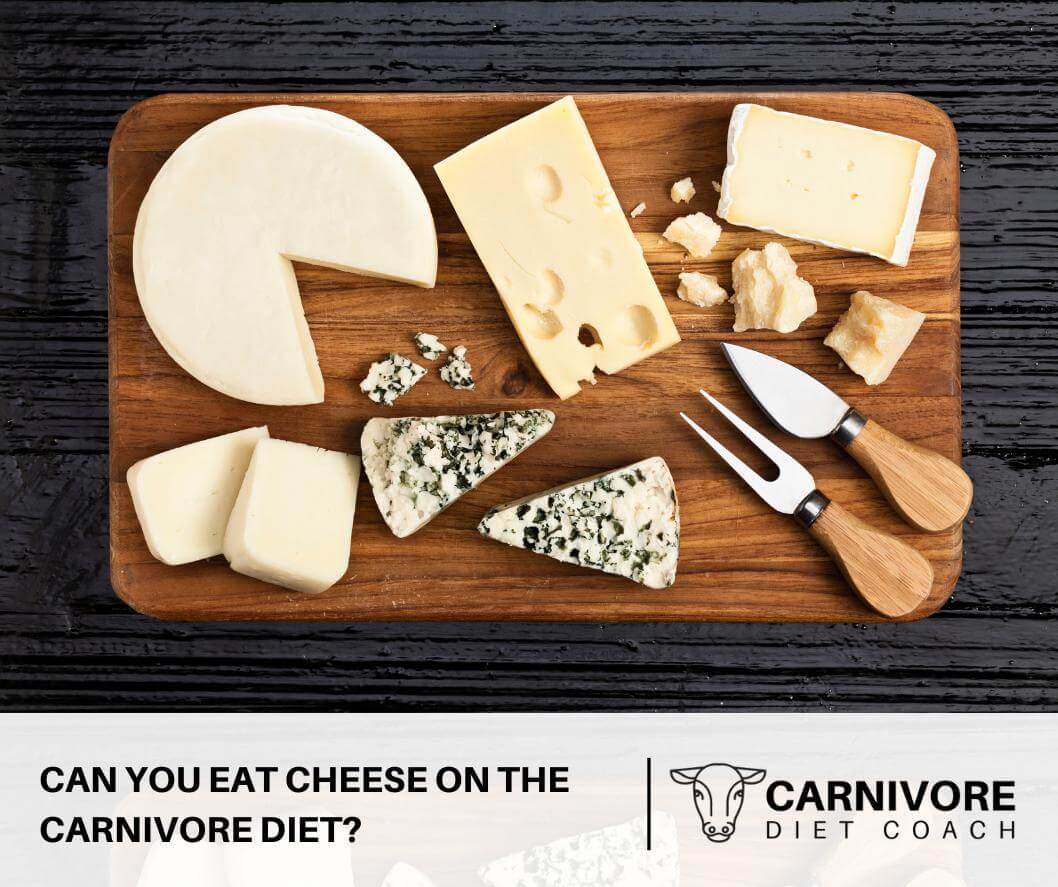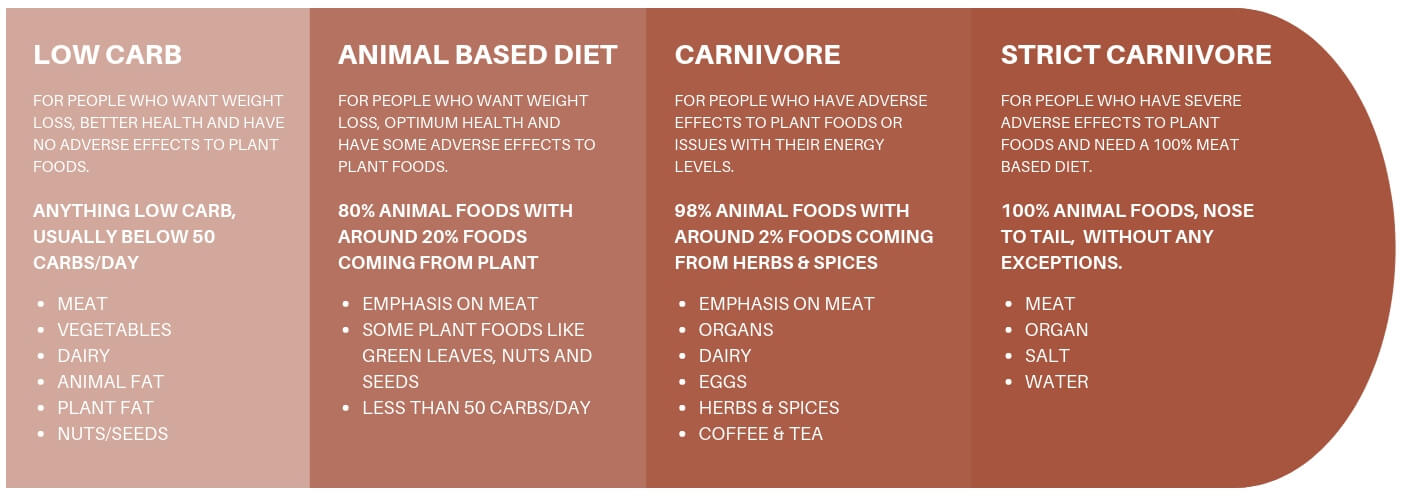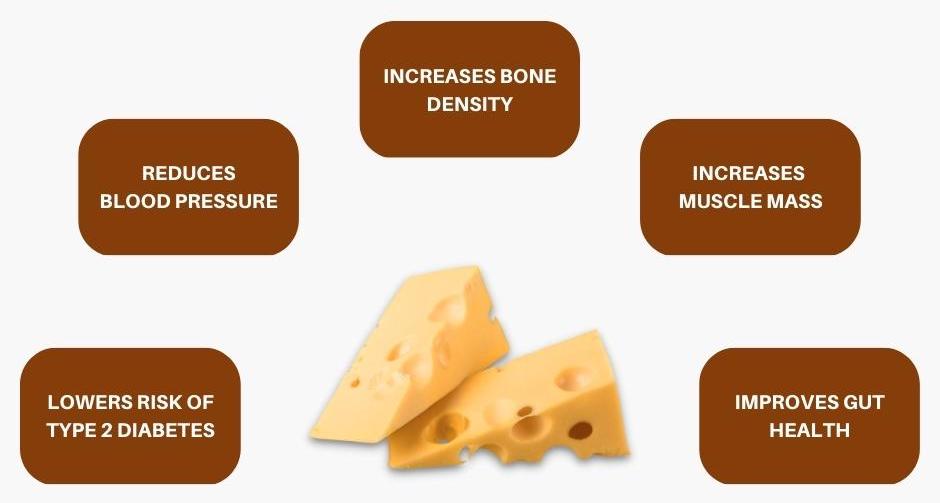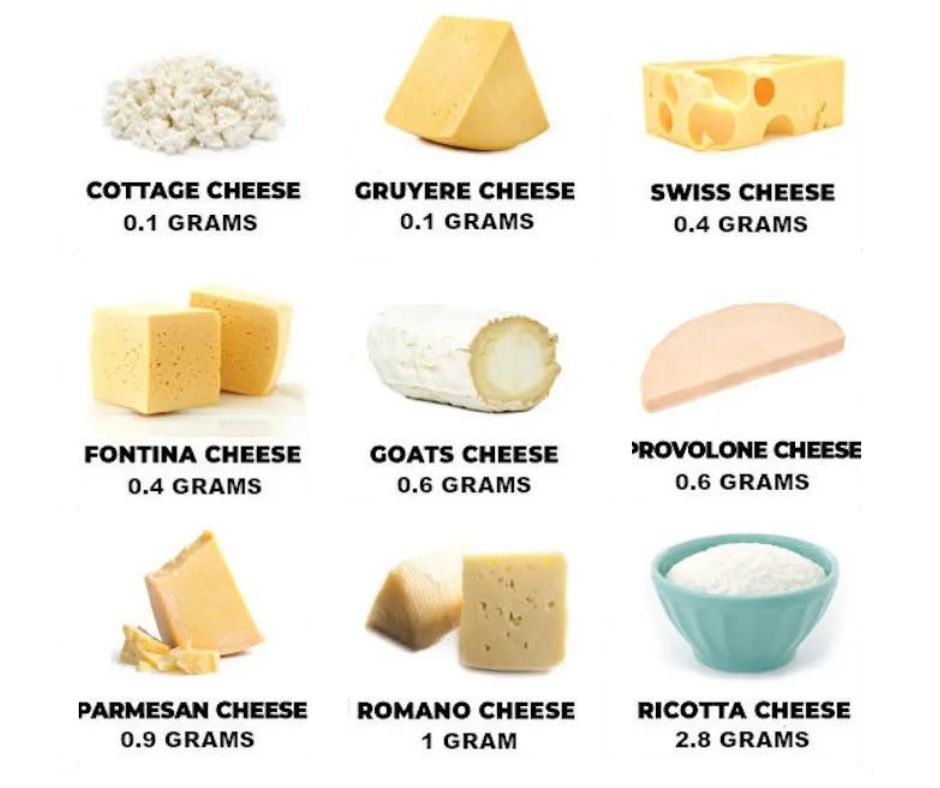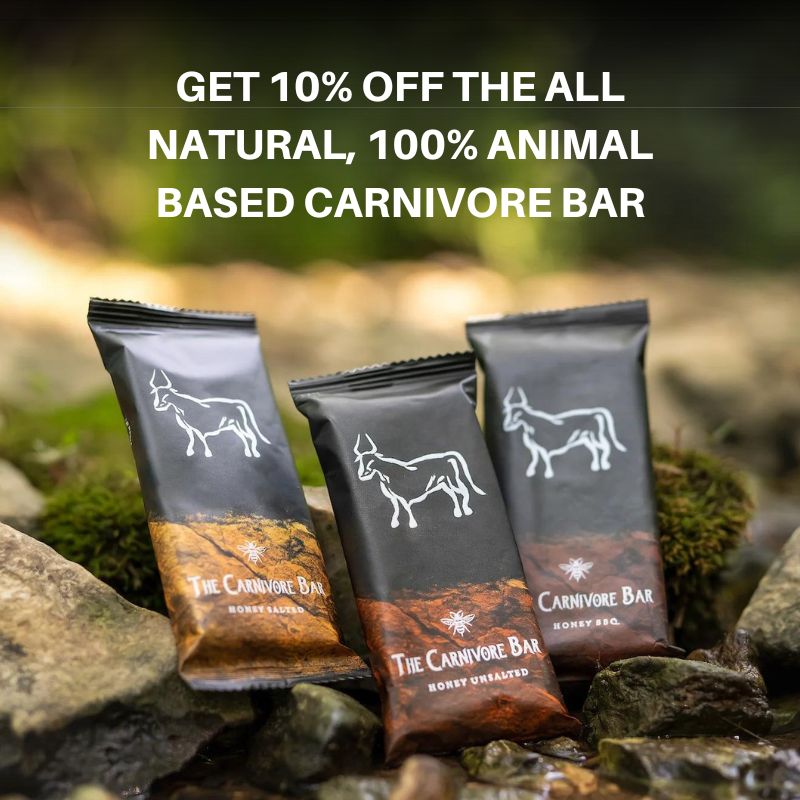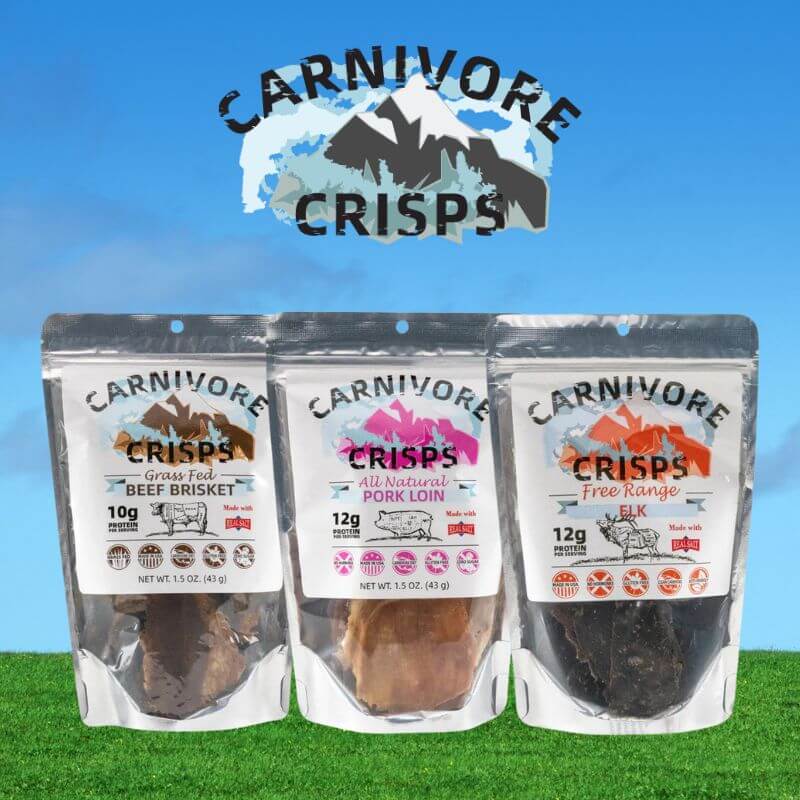|
THE COMPLETE
CARNIVORE DIET GUIDE
Learn how to lose weight, fix your gut and cure autoimmune symptoms with our free Carnivore Diet guide.
|
|
The carnivore diet is a dietary approach that involves consuming only animal products and eliminating all plant-based foods from the diet. This means that individuals following the carnivore diet will primarily eat meat, fish, eggs, and dairy products, while avoiding fruits, vegetables, grains, legumes, and other plant-based foods. The carnivore diet is often considered an extreme form of the low-carbohydrate, high-fat (LCHF) diet, which restricts carbohydrate intake and encourages consumption of healthy fats and protein. The carnivore diet typically involves a very high intake of animal protein, which can come from various sources such as beef, pork, chicken, fish, and eggs. Proponents of the carnivore diet argue that it can lead to weight loss, improved digestion, increased energy, and other health benefits. However, there is limited scientific evidence to support these claims, and some experts have raised concerns about the potential health risks associated with the diet, including nutrient deficiencies and an increased risk of heart disease, cancer, and other health problems. Can You Eat Cheese On the Carnivore Diet? Yes, cheese is generally allowed on the carnivore diet as it is an animal-based food. However, it's important to note that different types of cheese have different nutritional profiles, so it's important to choose high-quality, nutrient-dense varieties. Hard and aged cheeses such as cheddar, parmesan, and gouda are good choices as they are lower in carbohydrates and higher in fat and protein than softer cheeses. Some people on the carnivore diet also include dairy products such as heavy cream, butter, and ghee as they are also derived from animal sources. It's important to note that while cheese is allowed on the carnivore diet, it should be consumed in moderation as part of a well-rounded diet that includes a variety of animal-based foods. The Benefits of Including Cheese On The Carnivore Diet? Including cheese on the carnivore diet can provide a number of benefits.
It's important to note that some people may not tolerate dairy well, so it's important to listen to your body and adjust your diet accordingly. Who Should Avoid Cheese While on The Carnivore Diet? While cheese is generally allowed on the carnivore diet, there are some people who may need to avoid it due to specific health concerns. Here are a few examples:
If you have any concerns about including cheese in your diet while following the carnivore diet, it's a good idea to speak with a healthcare professional or a registered dietitian who can help you determine the best approach based on your individual needs and health status. What Is The Best Cheese On The Carnivore Diet? The best cheese to include on the carnivore diet is one that is high in fat, low in carbohydrates, and free from additives and artificial ingredients. Here are a few options:
Aim for 1-2 ounces per serving and try to incorporate a variety of animal-based foods to ensure that you are getting a balanced and nutrient-dense diet. Carnivore Diet Cheese List Here's a list of 20 different types of cheese that are generally allowed on the carnivore diet:
Can You Eat Cheese on a Carnivore Diet? The carnivore diet is a high-fat, low-carb diet that consists mainly of animal-based foods. While cheese is generally allowed on this diet, it should be consumed in moderation and chosen carefully to ensure it is high in fat and low in carbs.
Hard and aged cheeses such as cheddar, parmesan, and gouda are good choices as they are lower in carbs and higher in fat and protein than softer cheeses. Soft cheeses like brie, camembert, and blue cheese are also good choices as they are high in fat and low in carbs, but it's important to check labels for added sugars or other additives. Grass-fed and organic cheeses are a good option as they are free from antibiotics and hormones. Remember to consume cheese in moderation and choose a variety of animal-based foods for a balanced and nutrient-dense diet.
0 Comments
Leave a Reply. |
Carnivore Diet Recipes & Meal PlansOur Trusted Partners
Popular Guides
|


